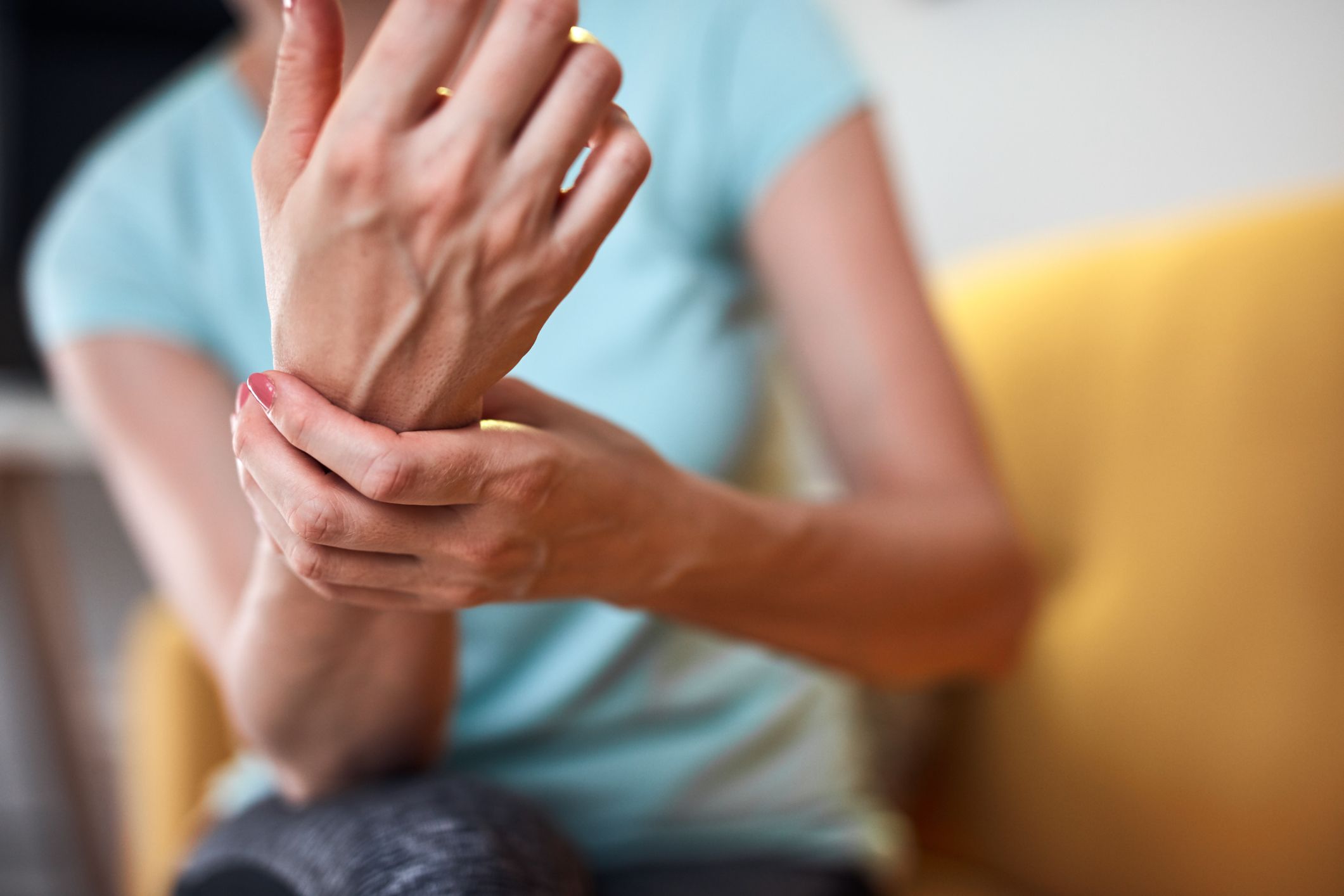Updated on February 10, 2023
Maintaining a social life and avoiding isolation is crucial to your mental and physical health. But it's not easy spending time with others when you're aching with sore, stiff joints. If you have rheumatoid arthritis (RA), you may have passed up opportunities to get coffee with a friend, see a movie with your partner, or go to the big game because of your pain.
A study published in 2019 in the Journal of Epidemiology and Community Health found that chronic conditions can put a damper on your work life and volunteering activities. And a 2022 study published in BMC Musculoskeletal Disorders suggested that people with arthritis are more likely to have a hard time taking part in both leisure activities and social events. What’s more, RA puts you at risk for other serious health issues, making maintaining a social life an even bigger challenge.
Fortunately, it's a challenge that can be overcome. Here are several simple, everyday methods to ease RA pain, improve physical function, and boost mental health.
Try this easy, slow workout. While it exercise may seem difficult, there are plenty of low-impact workouts that can help loosen up and stretch your joints—and serve as a means of social connection in the process.
Cycling, swimming, water workouts, and even just 10 minutes of walking with a friend, can all help improve your joint health. Look for a class or program just for people with joint problems, like the Arthritis Foundation's Walk With Ease Program.
Take a break, guilt-free. Yes, it’s important to exercise, but because fatigue is a serious side effect of RA, it's important to rest when you're feeling run-down. During a flare-up, rest your joints and scale back to light activity until the swelling goes down. And when it does? Get back to your low-impact fitness routine, so you can get back to your life.
Think it through—out loud. Whether it's with your healthcare provider (HCP), a close friend, or a therapist, talking about your feelings and the discomfort that comes with RA can have huge emotional benefits. Don't be afraid to approach your loved ones. They may want to hear about your RA, but don't know how to bring it up in a careful, considerate way.
There are also a variety of online communities where you can talk about your treatment and get advice about living well with the disease. This kind of support doesn't have to be forever; use it as you need it.
Manage your weight. Carrying extra weight could place a burden on your joints. There's no overnight solution, but staying active every day and keeping an eye on your diet can help you lower your risk of other major problems, like heart disease and diabetes.
Spend some time alone. Sometimes being ready to be social starts with making time to nurture yourself. When RA starts to feel overwhelming, it's important to take some time for yourself to get your mind off the pain. Whether it's taking a calming bath, watching your favorite TV show, or journaling with a hot cup of tea, doing an activity that brings a smile to your face will help keep the blues at bay and contribute to overall better health.
If you're still feeling down about RA, visit your HCP. Ask what else you can do to lessen your joint aches while boosting your spirits. With the right treatment plan and wise lifestyle choices, you'll be able to get back to socializing.






